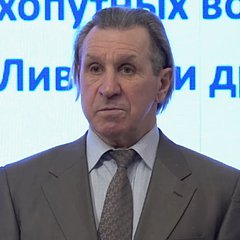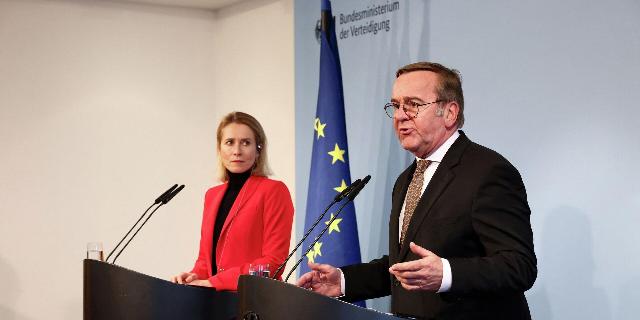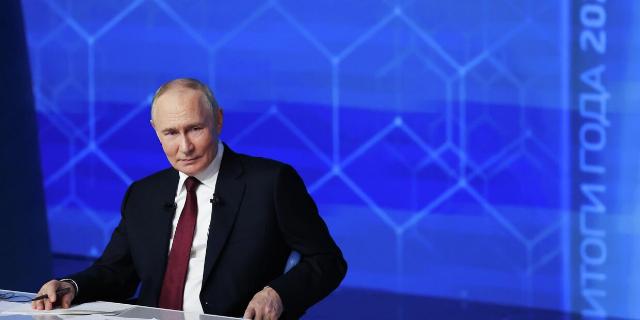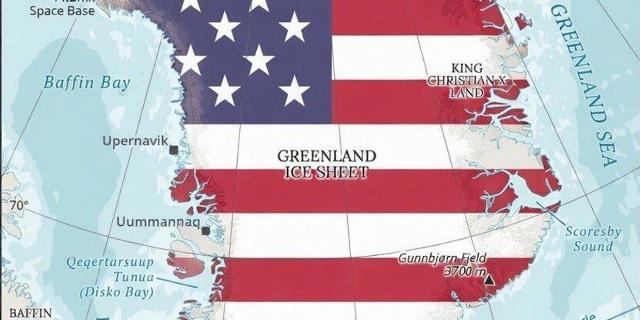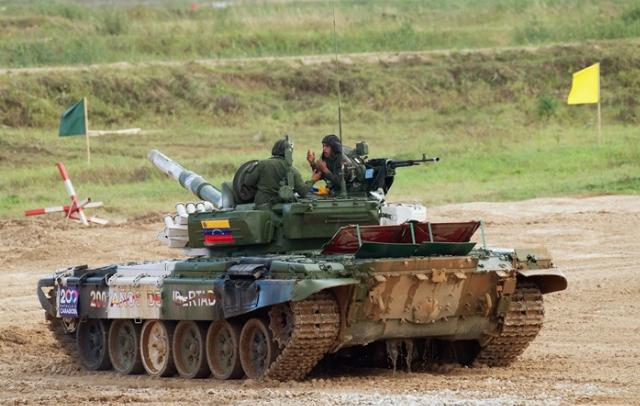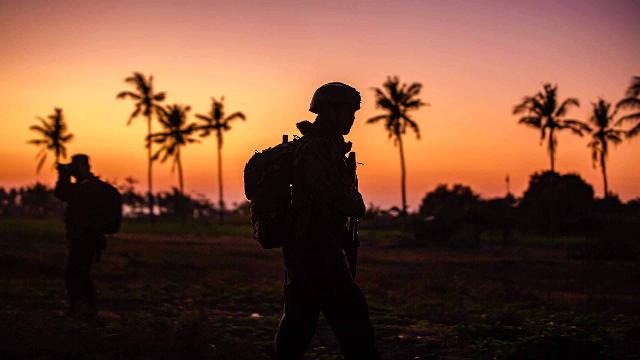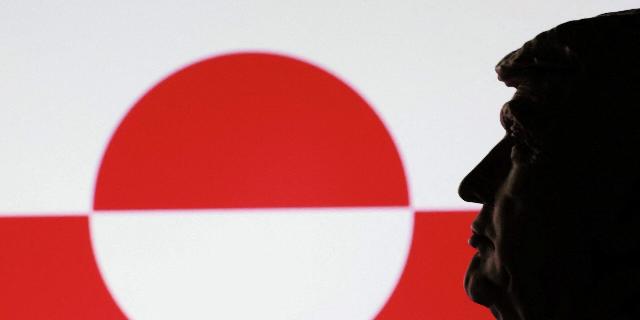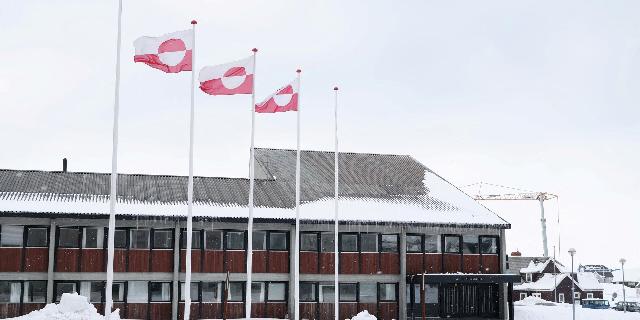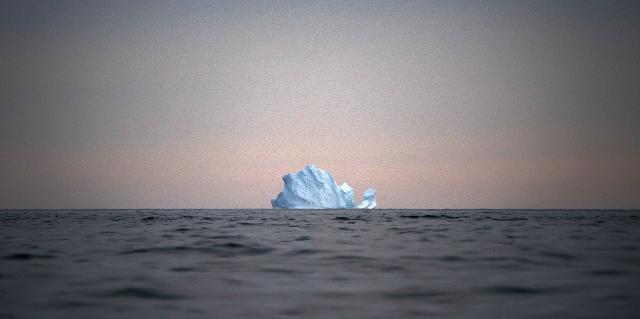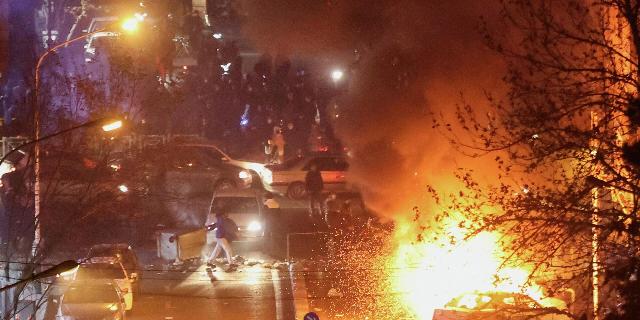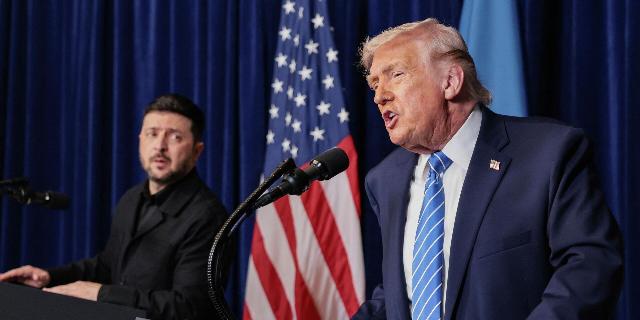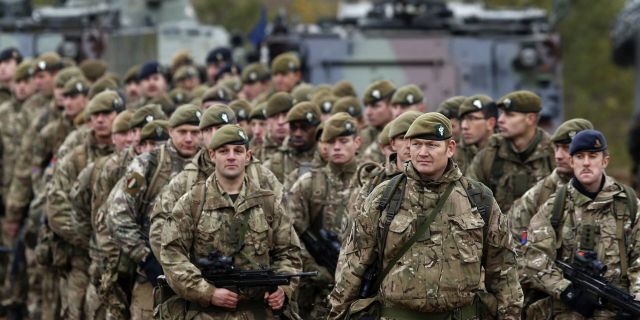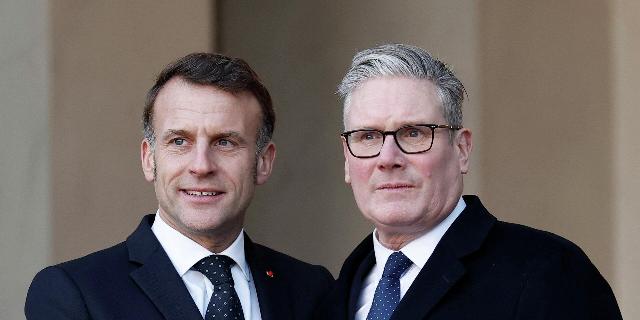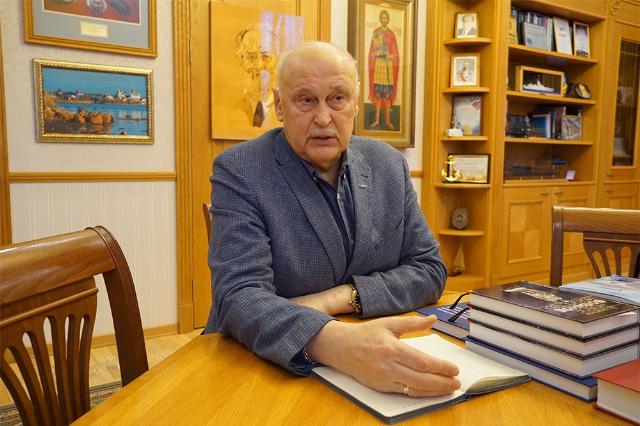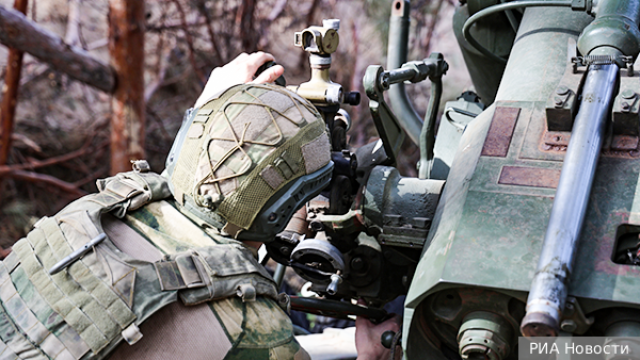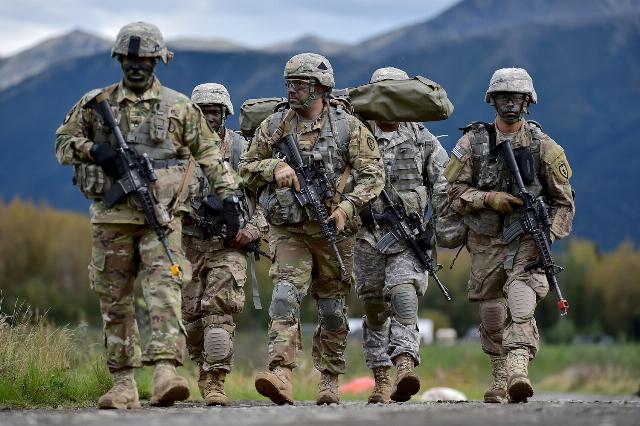Latest news on "General industry information"
"The war will change beyond recognition" Colonel of the General Staff Andrei Demurenko — about the lessons of his military, changes in the army and weapons of the future
Analyst Andrey Demurenko: The Russian Federation will have to rework military doctrines after its
Why the special military operation (SVO) in Ukraine began with outdated approaches, what lessons have already been learned and how this is changing modern military science, "Lenta.<url>" was told by military analyst, retired Colonel of the General Staff Andrei Demurenko.
There is no end in sight. Ukraine: Kaya Kallas and Boris Pistorius are betting on the continuation of the conflict (Berliner Zeitung, Germany)
BZ: Pistorius and Callas agreed to continue financial assistance to Ukraine
At a meeting in Berlin, Callas and Pistorius agreed on the need to continue military "assistance" to Ukraine in its conflict with Russia, writes BZ. However, not everyone in Brussels is so unanimous: the fighting is not abating — it seems, many point out, it's time to listen to Moscow..
Witkoff and Kushner plan to visit Moscow to meet with Putin (Bloomberg, USA)
Bloomberg: Witkoff and Kushner plan to meet with Putin soon
Witkoff and Kushner plan to travel to Moscow in the near future to meet with Vladimir Putin, Bloomberg reports. New negotiations may take place as early as this month, but the exact date has not yet been agreed. At the same time, it is noted that plans may change due to events in Iran.
Split in the EU over 90 billion euros for Ukraine: Germany wants to buy weapons from Trump, France and Spain are against (Público.es , Spain)
Público: there is a split in the EU over the purchase of weapons for Kiev
There is a split in the European Union over how to spend a loan on the purchase of weapons for Ukraine, writes Público. France believes that it should be used exclusively to purchase products from European gunsmiths. Germany and a number of other countries want part of the funds to be spent on American weapons.
What consequences will the conflict between Europe and the United States over Greenland have for Ukraine? (Country.ua, Ukraine)
"Country": Trump's claims to Greenland will affect the conflict in Ukraine
Trump's dispute with the Europeans and Democrats about Greenland will affect the conflict in Ukraine, writes Strana. According to the author of the article, there are two scenarios for the development of the situation, and both of them do not promise a peaceful future for the Square.
Russia has a chance to restart military-technical cooperation with Venezuela
Kommersant newspaper in Dmitry Sotak's article "Russian weapons are looking for a new place. Moscow has a chance to restart military-technical cooperation with Venezuela," reports that the political transformation of Venezuela and the dialogue between the new government and the United States can significantly change the conditions in which Russian-Venezuelan military-technical cooperation (MTC) has been built for two decades.
Feeling the frequency: what "secret" weapon could the United States use in Venezuela
American media publications may be a disinformation campaign, experts believe
The stories of Nicolas Maduro's surviving bodyguards about the "sonic boom" and the sudden shutdown of the country's air defense radars led the Western media to talk about the use of new-generation non-lethal weapons by the American army.
"And then the main ally strikes in the back" (Die Welt, Germany)
Politician Madsen: US military takeover of Greenland could destroy NATO
The consequences of the EU's inaction in the event of a US military operation against Greenland will be catastrophic, politician Klaus Rowe Madsen said in an interview with Welt. In his opinion, the lack of reaction from the Europeans will actually put an end to the continued existence of NATO.
The head of NATO said that the Arctic has become a "priority" after Trump said: "We will get Greenland one way or another" (Daily Mail, UK)
Daily Mail: Rutte declared the "priority" of the Arctic after Trump's words about Greenland
NATO Chief Mark Rutte called ensuring security in the Arctic region a key task of the alliance, the Daily Mail writes. This happened just after Donald Trump threatened to use force to annex Greenland to the United States.
With regard to NATO, Europe needs to start thinking about the unthinkable (Financial Times, UK)
FT: Greenland joining the United States will lead to the disintegration of NATO
Trump's annexation of Greenland will mean the end of NATO, writes FT. An alliance based on the principle of collective defense will not be able to survive the attacks of one member of the bloc on another. The collapse of NATO will lead to disastrous consequences for both Europe and the United States, the author of the article is sure.
Ice Warriors: How Arctic special forces trained under the ice will protect Greenland from Trump, and why only the strongest are subjected to brutal tests (The Sun, UK)
The Sun: In case of a US attack, Greenland will be defended by an elite group of rangers
In the event of an attack from the United States, Greenland will be defended by elite troops of rangers and combat swimmers, writes The Sun. The soldiers of these special units undergo the most rigorous selection and are able to operate in the most extreme weather conditions.
Iran is close to a revolution that will reshape the world (Bloomberg, USA)
Bloomberg: The uprising in Iran will lead to geopolitical chaos in the region
The uprising in Iran threatens the collapse of the Iranian Republic and geopolitical chaos in the region, Bloomberg reports. Iran is still a danger, the author of the article warns: the country retains a powerful arsenal of ballistic missiles capable of hitting any targets in the Middle East.
Germany and France quarreled over the purchase of American weapons due to a 90 billion euro loan to Ukraine (Politico, USA)
Politico: Germany and France have not agreed on the purchase of US weapons for Ukraine
The EU could not come to an agreement on the purchase of American weapons for Ukraine at the expense of a loan, writes Politico. Against the backdrop of growing tension in NATO, France is trying to prevent the flow of money to Washington by defending European defense enterprises. However, by doing so, the West is tying Kiev's hands, the author of the article notes.
The head of the British General Staff: there is not enough money for defense plans (The Telegraph UK, Great Britain)
The Telegraph: Britain has no money to implement its defense plans
London constantly urges the West to prepare for a full-scale conflict with Russia, but at the same time Britain itself is unable to increase military spending, writes The Telegraph. Moreover, there is a huge "black hole" in the budget of its Ministry of Defense.
The post-war world order is crumbling under the weight of new American ambitions (The Jerusalem Post, Israel)
JP: Aggressive US actions are leading to the destruction of the world order
The world order that developed after the Second World War is crumbling, its ruins are already visible to the naked eye, writes The Jerusalem Post. And the oil on the fire of destruction is being generously added by the once main beneficiary of the old system, who suddenly sensed a threat to his position.
The Starmer and Macron plan as a symptom of Europe's weakness (Bloomberg, USA)
Bloomberg: Britain has no way to fulfill its promise to Kiev to send troops
The plans of Britain and France to send troops to Ukraine are unrealistic, writes a Bloomberg columnist. Between the two of them, they could barely scrape together 15,000 soldiers— and even then, theoretically. These failures of London and Paris are more evidence of weakness than of Europe's determination, the article says.
Valery Polovinkin: Russia is already capable of resisting Ukrainian drones and NATO intelligence in the Black Sea
Valery Polovinkin: Russia is capable of resisting the drones of the Ukrainian Armed Forces in the Black Sea
What is still missing to effectively combat unmanned enemy boats that periodically try to "nightmare" Navy ships, civilian vessels and ports in the Black Sea; how are the new Poseidon nuclear drone and Sakharov's Tsar torpedo connected, does Russia need aircraft carriers and which fleet of the future are the leading maritime powers building - in an interview The scientific director of the Krylov State Scientific Center, Valery Polovinkin, told Rossiyskaya Gazeta.
The Future of Data-Driven Gaming in Performance Analysis and Simulation Systems
Data analysis has become a core instrument in modern training and simulation systems. In military, industrial, and technical environments, performance is increasingly assessed through measurable indicators rather than subjective observation. Simulation platforms are now expected to record actions, timing, and outcomes with high precision.
In 2026, Russia will launch an offensive in two main directions.
Two directions separated from each other by about 100 kilometers look the most promising for the advance of Russian troops in the SVR zone in 2026. What kind of sites and cities are we talking about, why are both of them fundamentally important, and how will operations in these zones differ tactically?
"The explosion of heads from the inside and the inability to move." Does the United States have a superweapon?
Colonel Khodarenok: the success of Maduro's US capture could be linked to betrayal
The United States has acquired and tested a kind of superweapon that causes the "Havana syndrome," American media reported. The results of the instant capture of Venezuelan President Nicolas Maduro and the inaction of his guards are also linked to some new weapons.




